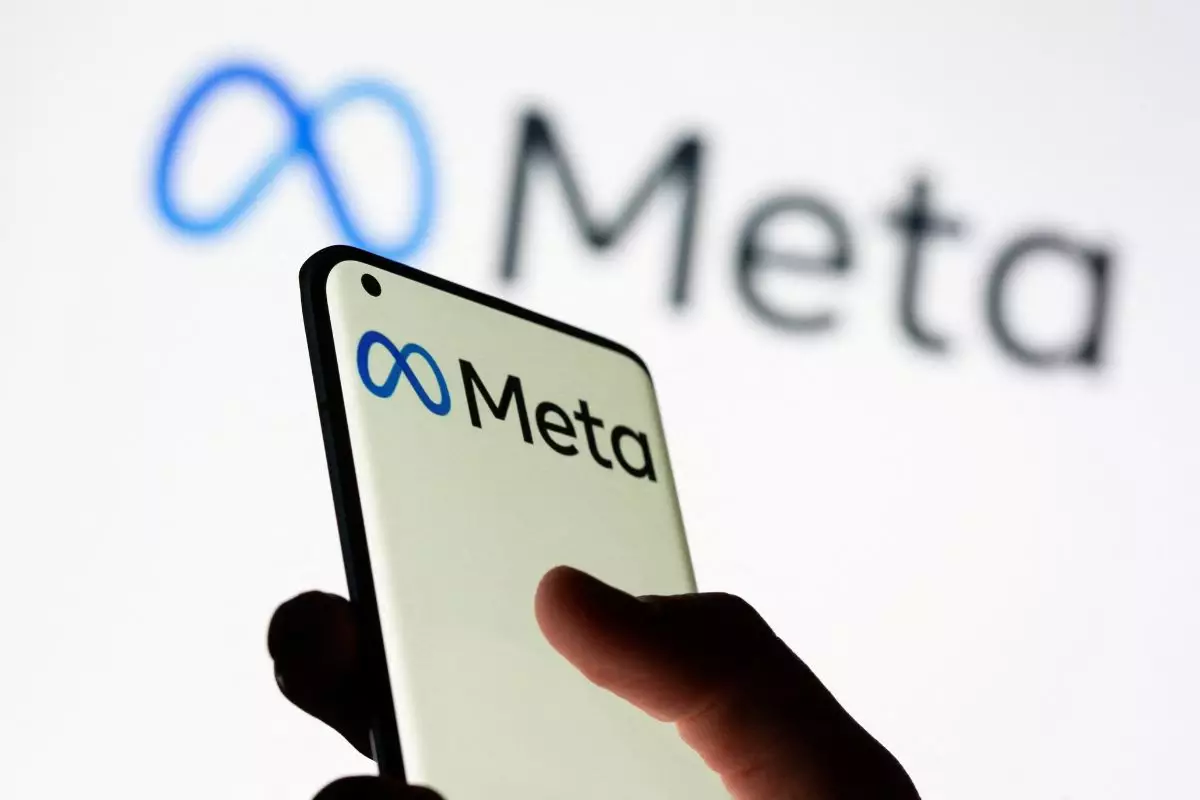In a revealing address during ongoing antitrust litigation, Meta CEO Mark Zuckerberg exposed the precarious state of the tech giant and its strategic choices regarding Instagram, a photo-sharing platform that has become synonymous with social media culture. A document presented at a Washington trial highlighted Zuckerberg’s consideration of spinning off Instagram as a separate entity back in 2018—a decision stemming from an acute awareness of antitrust risks that loom over major tech companies today. This considered option, which ultimately was not implemented, sheds light on Zuckerberg’s navigation of industry pressures and the competitive landscape that has evolved since Meta’s inception.
The statement raises more than just eyebrows; it invites a deeper conversation around the intertwining of innovation, corporate strategy, and regulatory scrutiny. Zuckerberg’s internal memorandum noted that the consolidation of apps—despite its potential for business growth—could also dilute the efficacy of Meta’s flagship product, Facebook. It’s an interesting paradox: while the amalgamation of services under one banner may promise operational efficiency, it simultaneously heightens the risk of governmental intervention, as regulators grow increasingly vigilant about monopolistic practices in the digital age.
The Ghosts of Future Breakups
Zuckerberg articulated a chilling thought in his communication: the impending risk that, under future political climates, he may be compelled to detach Instagram and potentially WhatsApp from Meta’s portfolio. This foresight demonstrates a pragmatic approach—one that acknowledges the shifting winds of regulatory attitudes towards monopolistic tech giants, particularly in light of heightened public demands for accountability and ethical governance. The reference to a potential action from the “next Democratic president” signals a recognition of the political landscape as a legitimate factor in corporate strategy, urging an awareness of how socio-political dynamics can influence business operations.
The implications are manifold. If authorities ultimately decide to pursue extensive regulatory actions, the restructuring of Meta’s ecosystem could diminish its competitive edge and market position. Zuckerberg’s cautionary reflection also highlights the irony of digital innovation; companies often touted for revolutionizing communication and connectivity could find themselves dismantled by the very system they sought to master.
Buy or Bury: The Competitive Advantage
The testimony also underscores the tactic of acquiring competitors rather than contesting them head-on, which raises ethical questions about the nature of competition in the tech industry. Zuckerberg’s candid admission that Instagram was superior in certain technological aspects, particularly regarding camera functionality, resonated with claims from the Federal Trade Commission (FTC) about a strategic method of “buy or bury.” Such maneuvers paint a picture of a corporate landscape where innovation is sometimes stifled rather than encouraged, as industry giants opt to consolidate their power by absorbing potential rivals.
Deploying this tactic isn’t without risk or consequence, as Zuckerberg acknowledged that many internal projects have failed to gain traction. This discrepancy between acquisition and in-house innovation reveals a vulnerability within Meta that resonates across the tech space—validating criticisms regarding the barriers imposed on new entrants in the market.
The Pressure of Competition
Interestingly, Zuckerberg noted that competitors like TikTok, YouTube, and others have successfully disrupted the market in ways that pose real threats to Meta’s dominance. The narrative of constant competition, especially from ByteDance’s TikTok, reveals a reality where even industry leaders must constantly evolve or risk obsolescence. The challenge for Zuckerberg and Meta lies in striking a balance between safeguarding their established platforms and adapting to the relentless onslaught of emerging rivals and shifting consumer preferences.
The testimony in court serves not only as a legal defense but also as a broader commentary on how tech giants navigate the labyrinthine landscape of modern business—one fraught with both opportunities and pitfalls. As Meta grapples with self-imposed limits on creativity and growth, it embodies the larger struggle faced by many corporations: to innovate while maintaining a competitive edge in a landscape that often favors collaborative rather than monopolistic practices.
In this light, Zuckerberg’s testimony acts as both a reflection of Meta’s internal struggles and a cautionary tale for the industry. The question looms—what lessons should both regulators and tech firms glean from this patronage of power? As the trial unfolds, it will undoubtedly shape the conversations not just around Meta’s future, but also about the entire ecosystem of technology and innovative practices moving forward. The intertwining of these narratives not only reveals the intricacies of corporate strategy in a rapidly changing environment but also highlights the tangible impact of regulatory frameworks on the very fabric of innovation.


Leave a Reply
You must be logged in to post a comment.